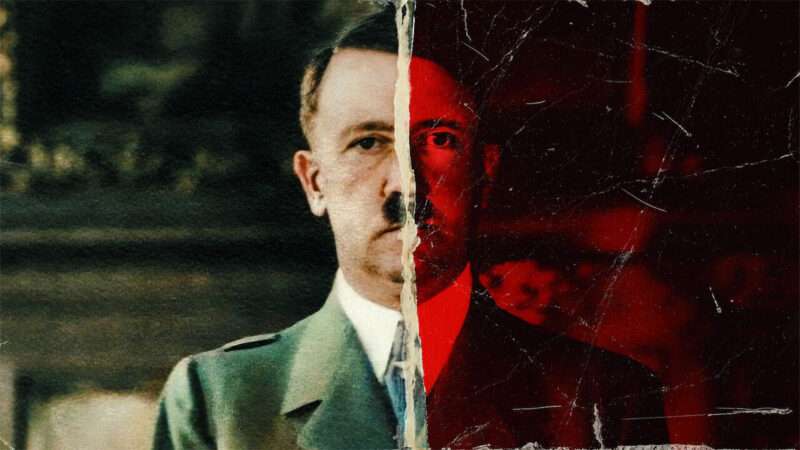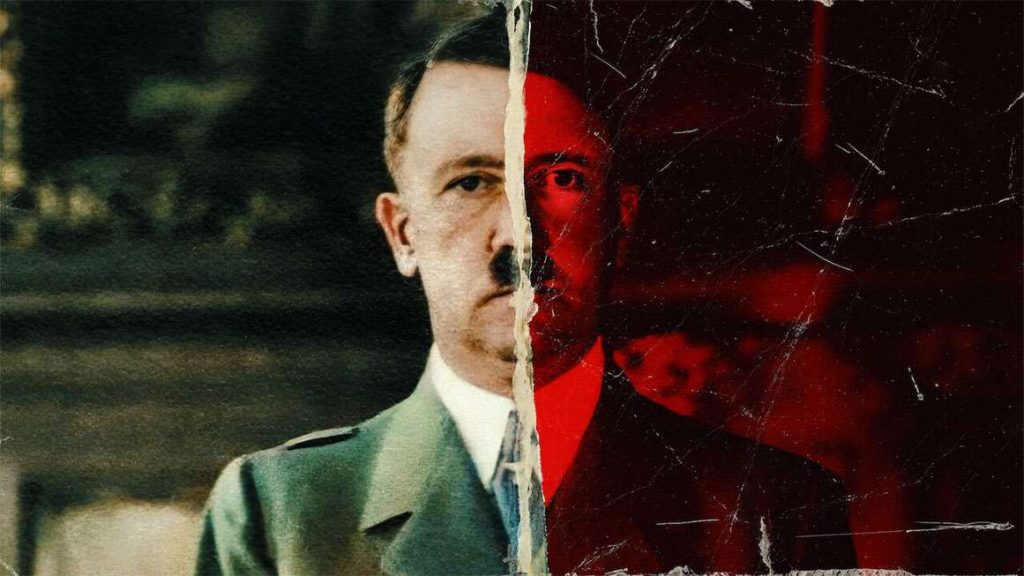
“I thought Churchill was the chief villain of the Second World War,” podcaster Darryl Cooper declared to conservative commentator Tucker Carlson in September. In July, podcaster Candace Owens said reports of experiments conducted on Holocaust victims sound “like bizarre propaganda.” The Conference on Jewish Material Claims Against Germany published a 2020 survey showing a deficiency in Holocaust knowledge among younger Americans. A new approach to preserving the facts of the past is needed.
The Netflix docuseries Hitler and the Nazis: Evil on Trial is narrated by William L. Shirer, an American war correspondent and author of The Rise and Fall of the Third Reich—despite Shirer dying in 1993. Director Joe Berlinger used an AI recreation of Shirer’s voice to recite passages from his books alongside audio from his actual radio broadcasts. Visually, the series interweaves gut-wrenching dramatizations with colorized 80-year-old footage.
Berlinger sought to reach a younger audience with the six-part series that examines the Nazis “from pre-WWII to the Holocaust to the Nuremberg trials.” How do you do that? “Embrace the tools of cinema that they’re used to,” Berlinger says.
The picture revealed is frighteningly familiar: a strongman figure, dehumanization of entire ethnic groups, increased support for immigration restrictions. (Nazism was greatly influenced by the eugenicist arguments that buttressed the era’s restrictionist American immigration laws.) The 58 percent of survey respondents who believe “something like the Holocaust could happen again” seem attuned to the dangerous echoes reverberating today.
The post Review: <i>Evil on Trial</i> Seeks To Reach A Younger Audience appeared first on Reason.com.







